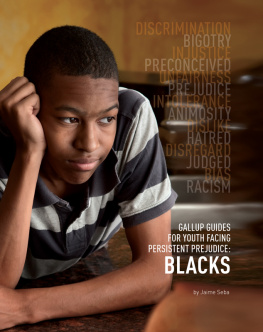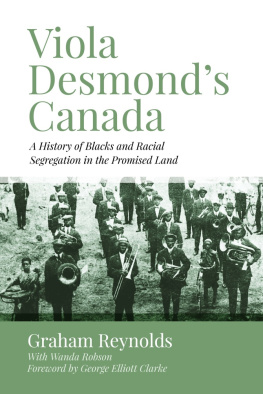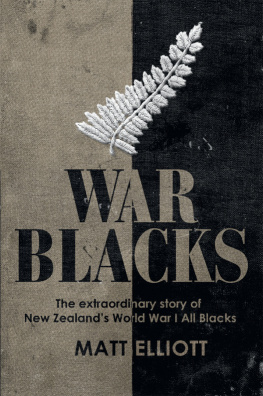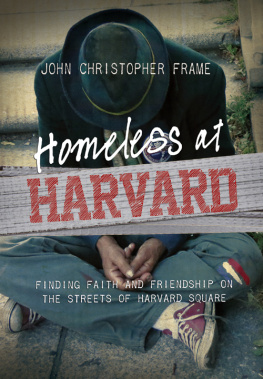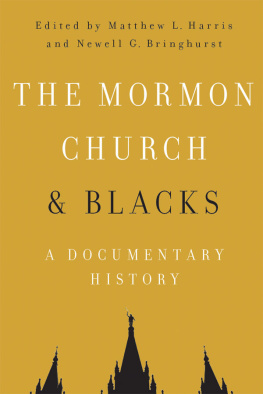Werner Sollors (editor) - Blacks at Harvard: A Documentary History of African-American Experience At Harvard and Radcliffe
Here you can read online Werner Sollors (editor) - Blacks at Harvard: A Documentary History of African-American Experience At Harvard and Radcliffe full text of the book (entire story) in english for free. Download pdf and epub, get meaning, cover and reviews about this ebook. year: 1993, publisher: NYU Press, genre: Politics. Description of the work, (preface) as well as reviews are available. Best literature library LitArk.com created for fans of good reading and offers a wide selection of genres:
Romance novel
Science fiction
Adventure
Detective
Science
History
Home and family
Prose
Art
Politics
Computer
Non-fiction
Religion
Business
Children
Humor
Choose a favorite category and find really read worthwhile books. Enjoy immersion in the world of imagination, feel the emotions of the characters or learn something new for yourself, make an fascinating discovery.

- Book:Blacks at Harvard: A Documentary History of African-American Experience At Harvard and Radcliffe
- Author:
- Publisher:NYU Press
- Genre:
- Year:1993
- Rating:3 / 5
- Favourites:Add to favourites
- Your mark:
Blacks at Harvard: A Documentary History of African-American Experience At Harvard and Radcliffe: summary, description and annotation
We offer to read an annotation, description, summary or preface (depends on what the author of the book "Blacks at Harvard: A Documentary History of African-American Experience At Harvard and Radcliffe" wrote himself). If you haven't found the necessary information about the book — write in the comments, we will try to find it.
The history of blacks at Harvard mirrors, for better or for worse, the history of blacks in the United States. Harvard, too, has been indelibly scarred by slavery, exclusion, segregation, and other forms of racist oppression. At the same time, the nations oldest university has also, at various times, stimulated, supported, or allowed itself to be influenced by the various reform movements that have dramatically changed the nature of race relations across the nation. The story of blacks at Harvard is thus inspiring but painful, instructive but ambiguousa paradoxical episode in the most vexing controversy of American life: the race question.
The first and only book on its subject, Blacks at Harvard is distinguished by the rich variety of its sources. Included in this documentary history are scholarly overviews, poems, short stories, speeches, well-known memoirs by the famous, previously unpublished memoirs by the lesser known, newspaper accounts, letters, official papers of the university, and transcripts of debates. Among Harvards black alumni and alumnae are such illustrious figures as W.E.B. Du Bois, Monroe Trotter, and Alain Locke; Countee Cullen and Sterling Brown both received graduate degrees. The editors have collected here writings as diverse as those of Booker T. Washington, William Hastie, Malcolm X, and Muriel Snowden to convey the complex ways in which Harvard has affected the thinking of African Americans and the ways, in turn, in which African Americans have influenced the traditions of Harvard and Radcliffe.
Notable among the contributors are significant figures in African American letters: Phyllis Wheatley, William Melvin Kelley, Marita Bonner, James Alan McPherson and Andrea Lee. Equally prominent in the book are some of the nations leading historians: Carter Woodson, Rayford Logan, John Hope Franklin, and Nathan I. Huggins. A vital sourcebook, Blacks at Harvard is certain to nourish scholarly inquiry into the social and intellectual history of African Americans at elite national institutions and serves as a telling metaphor of this nations past.
Werner Sollors (editor): author's other books
Who wrote Blacks at Harvard: A Documentary History of African-American Experience At Harvard and Radcliffe? Find out the surname, the name of the author of the book and a list of all author's works by series.

